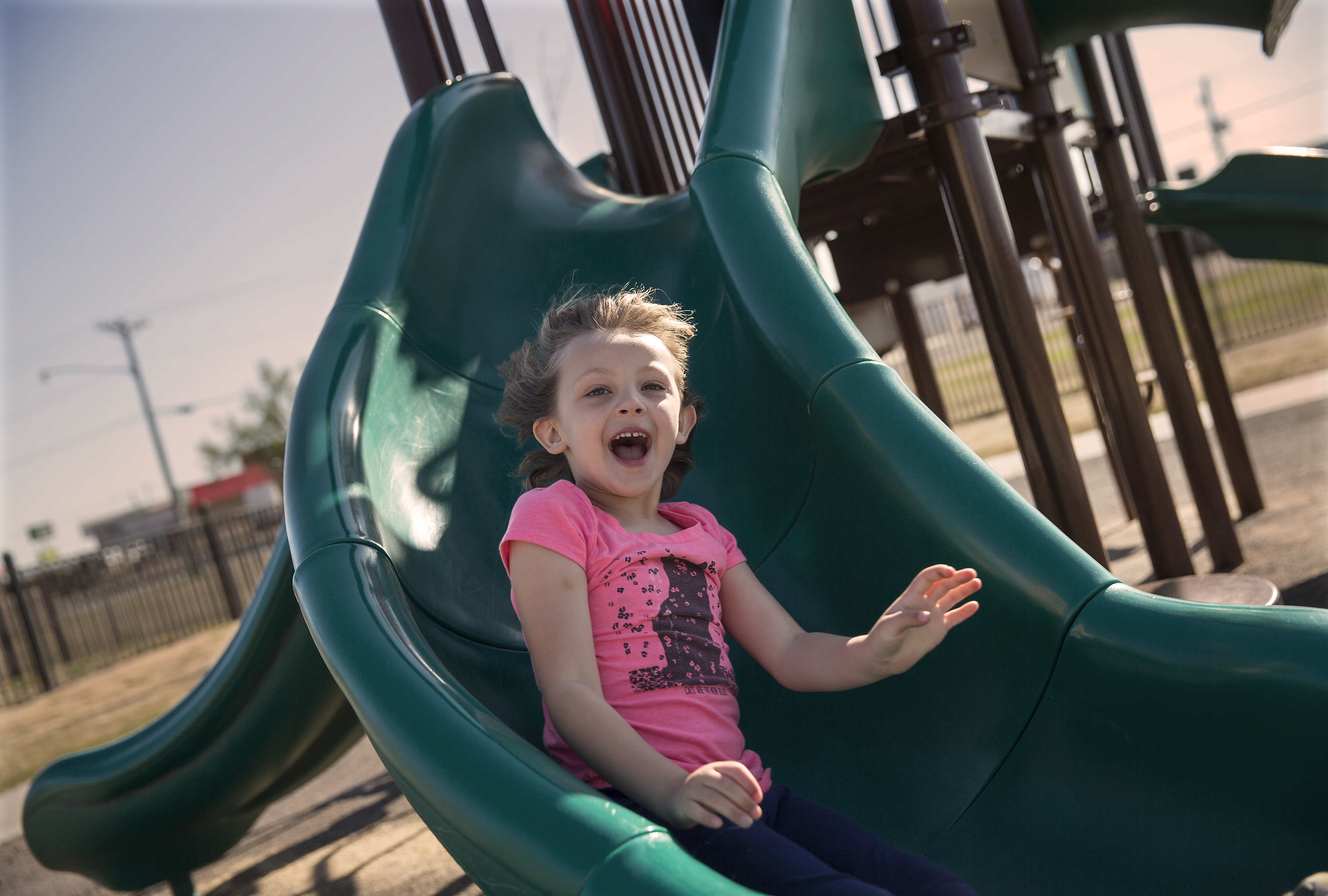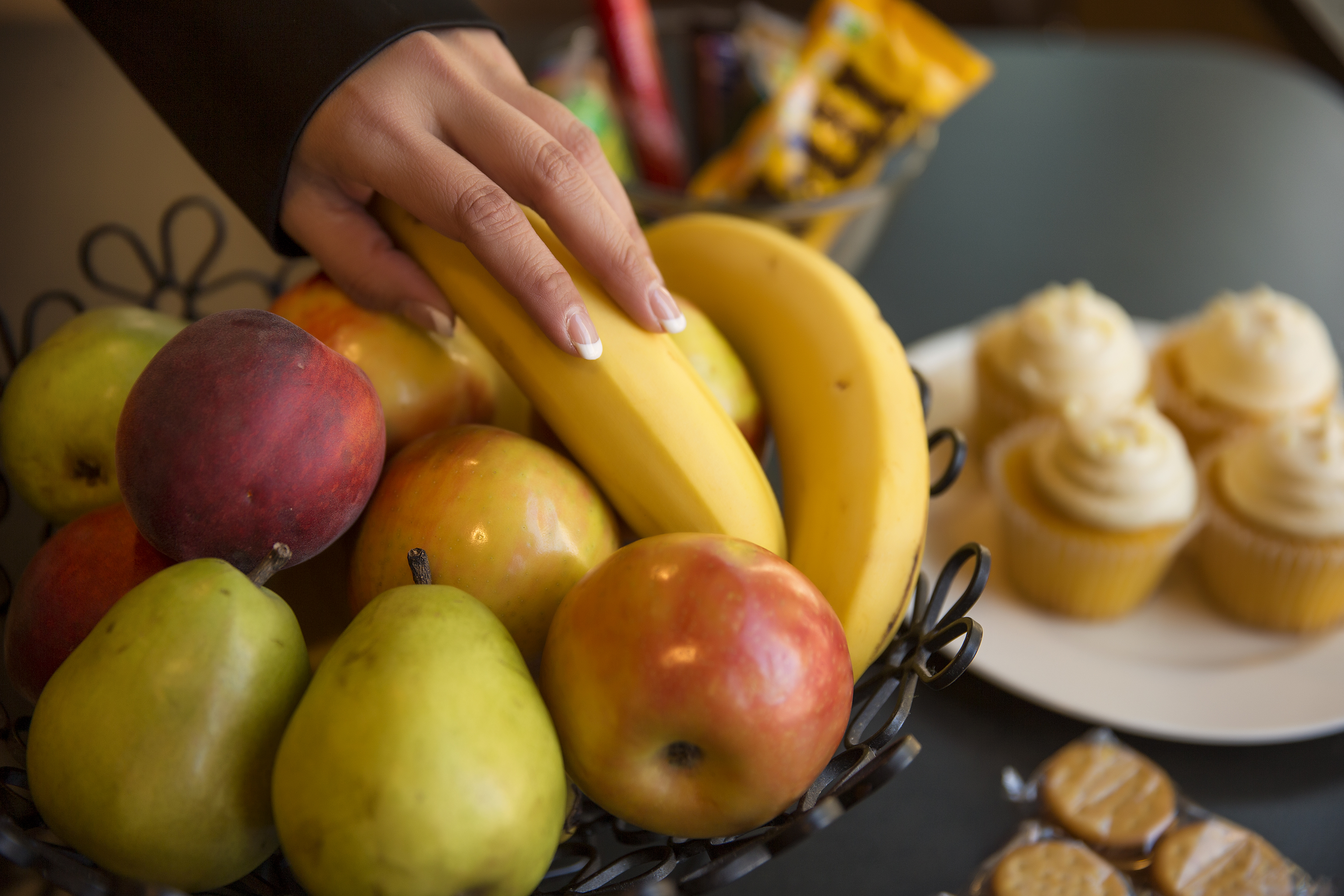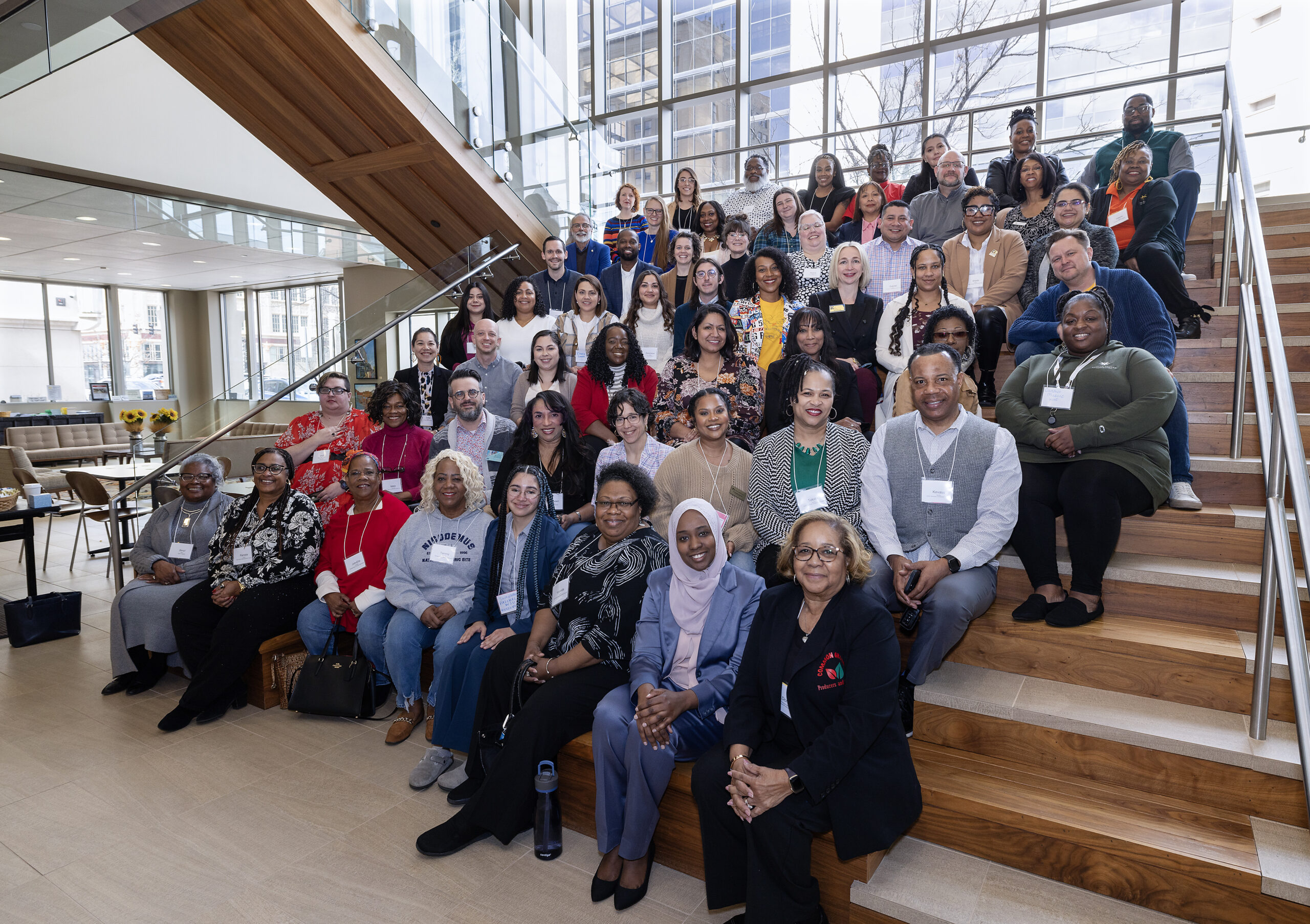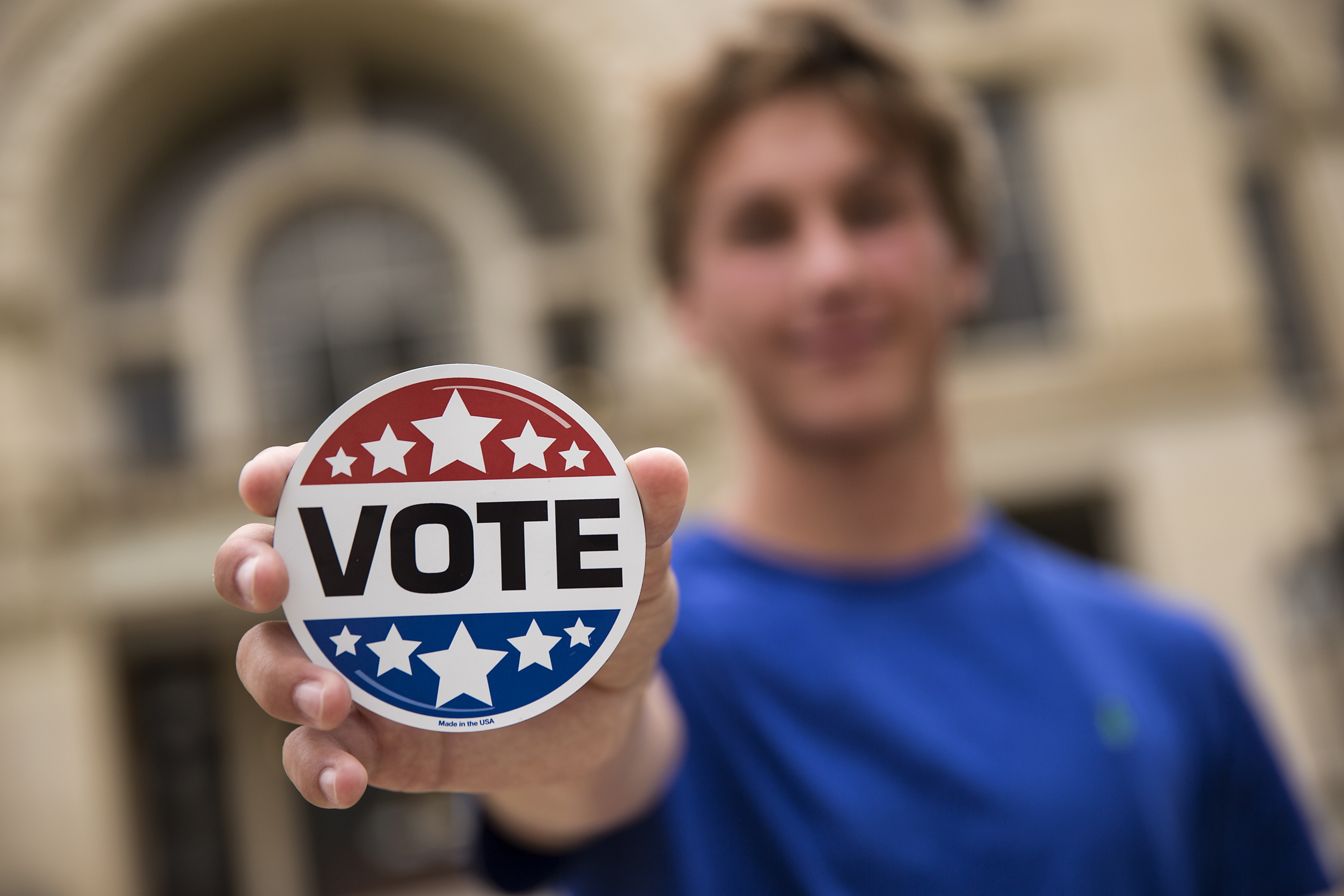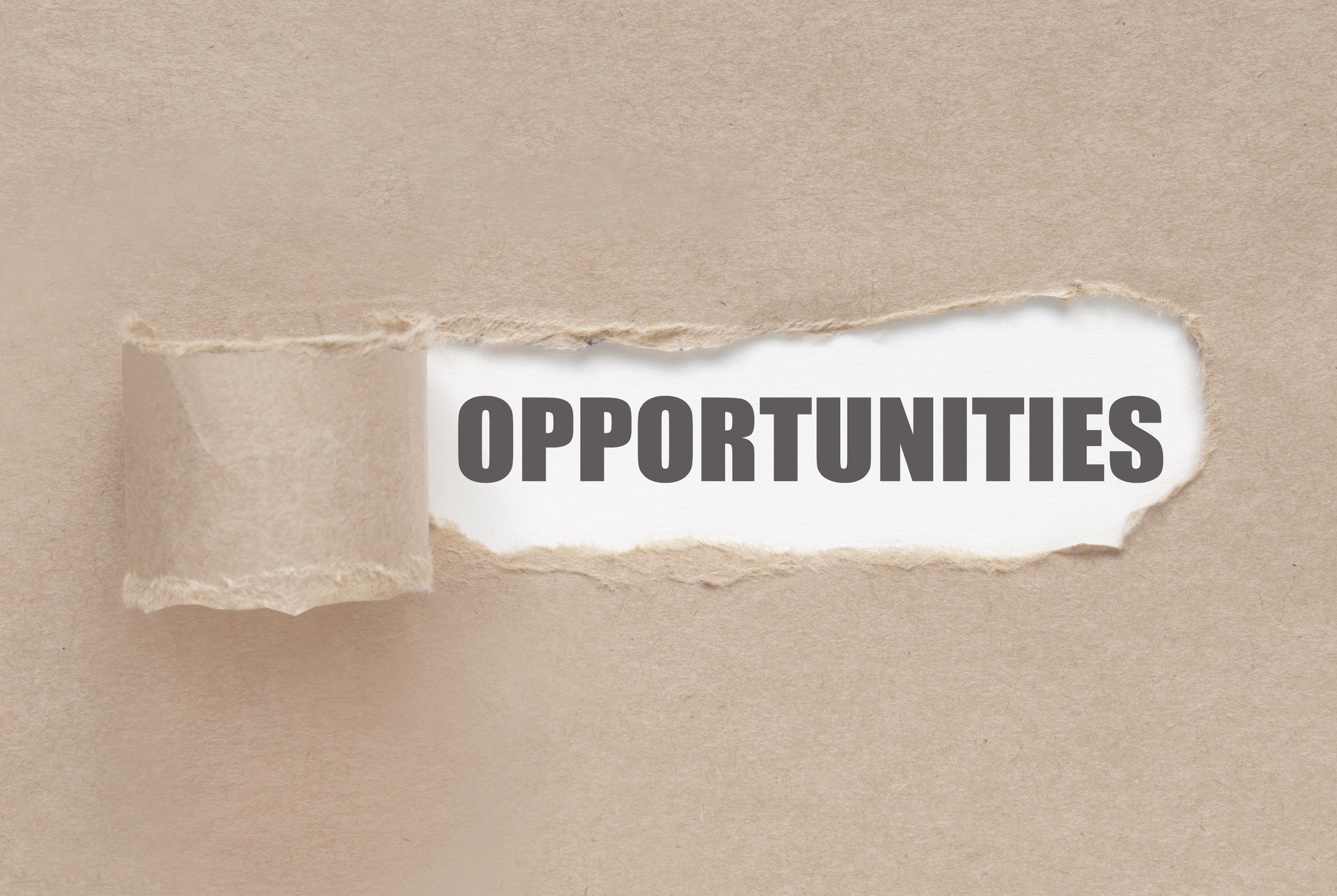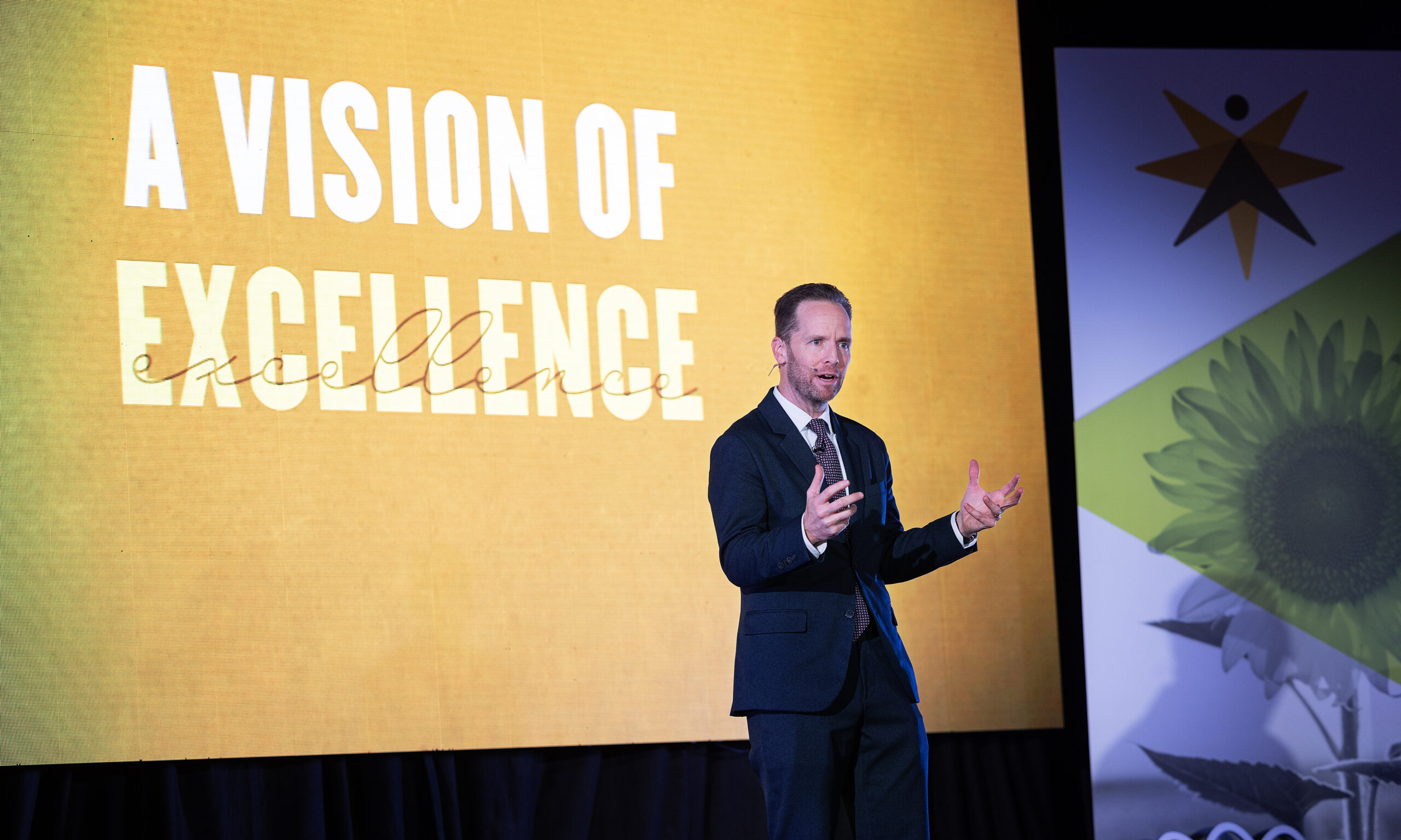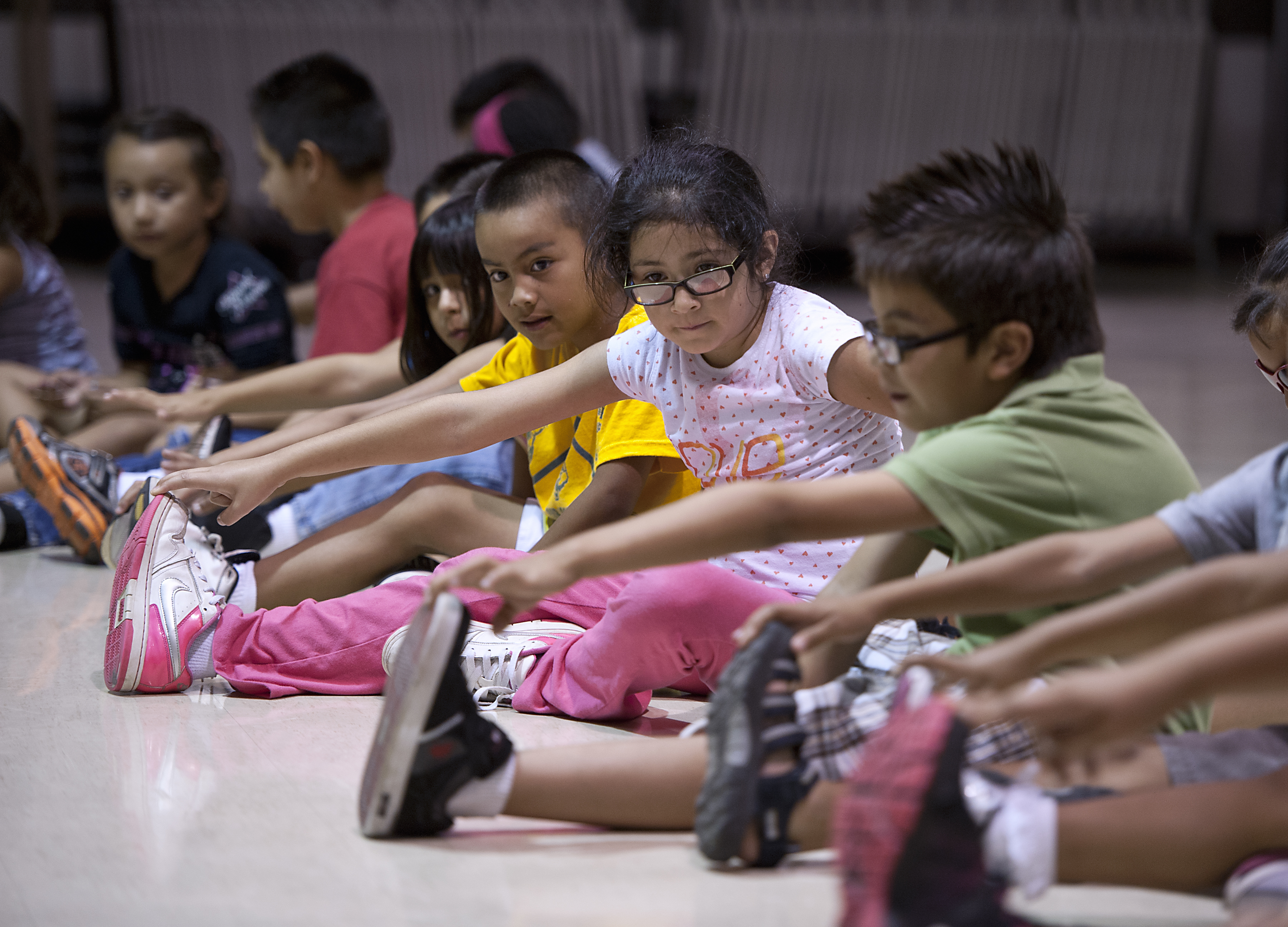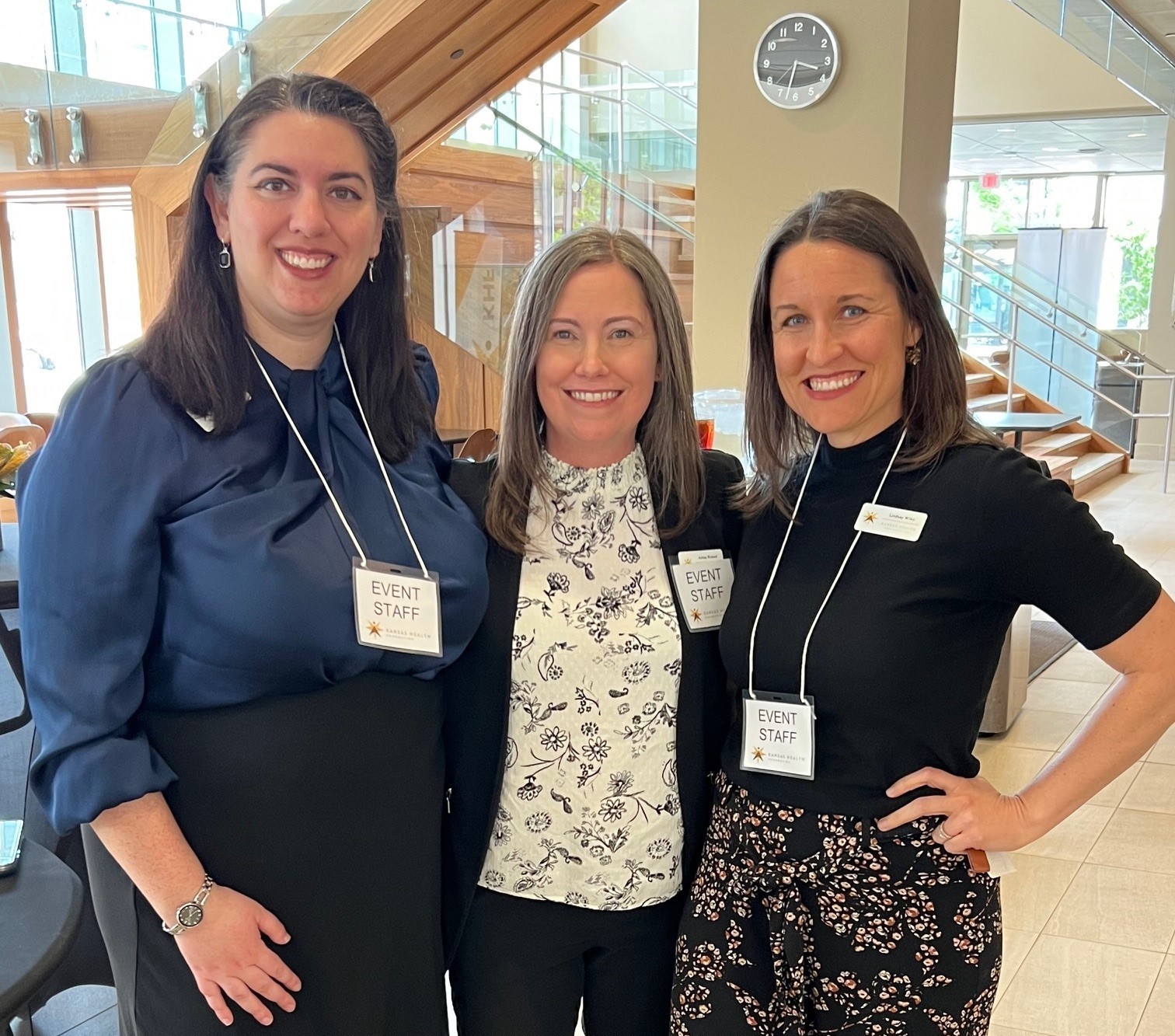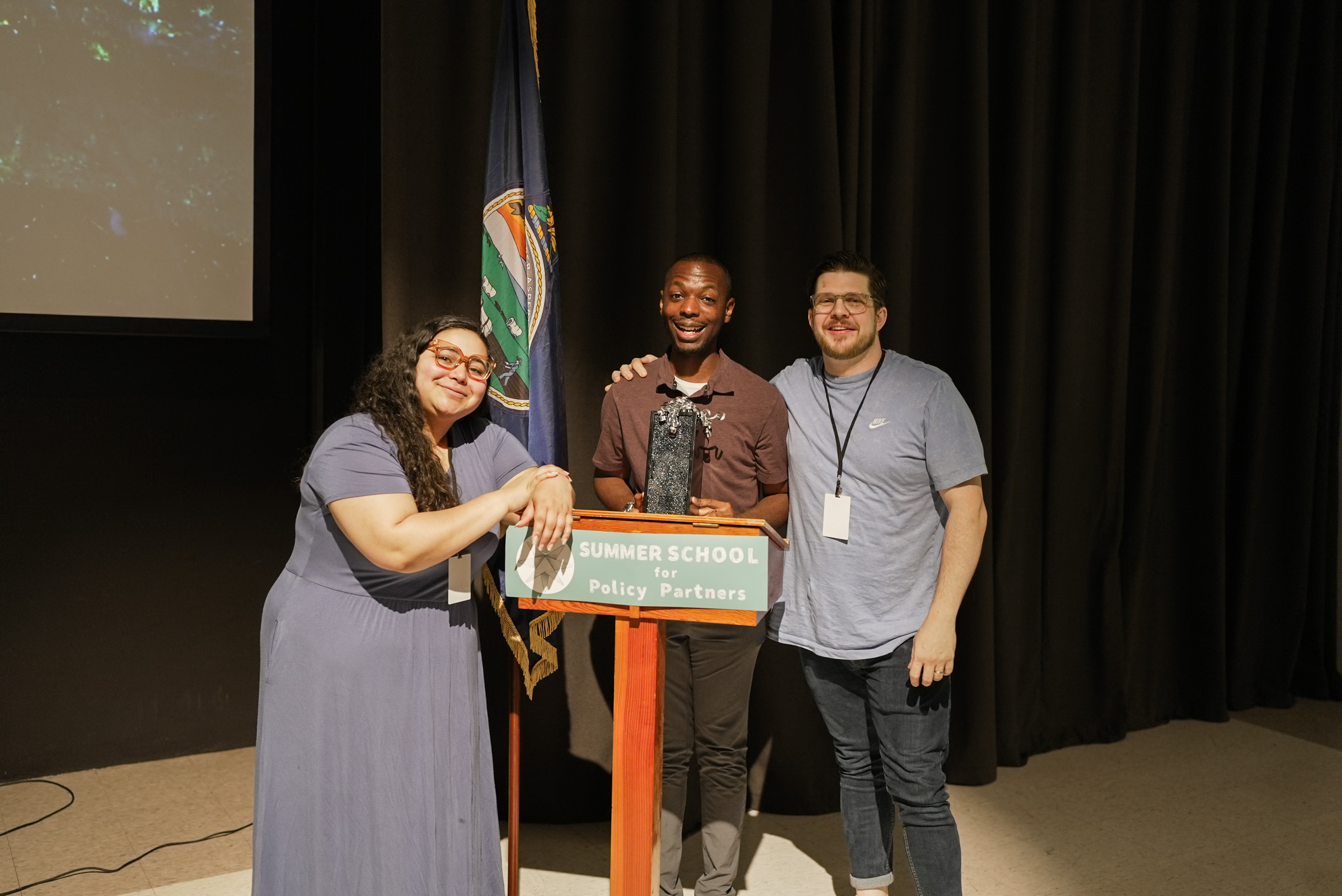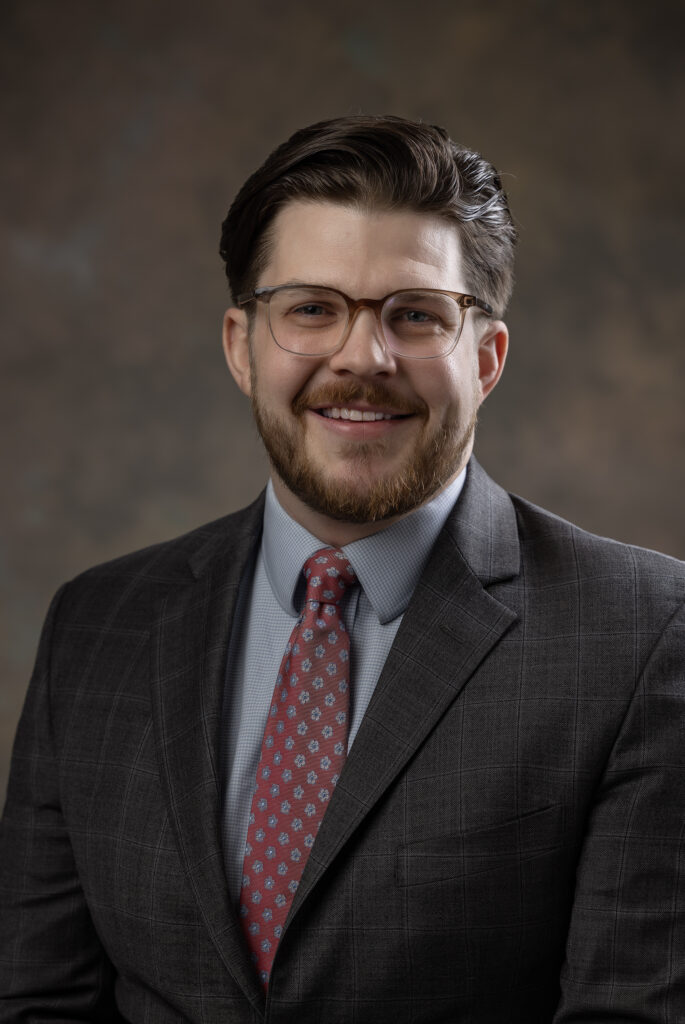In “Bowling Alone,” by Robert Putnam, the act of joining groups is credited for America’s decline, specifically its negative impact on nearly every dimension of our democracy. The American democracy, however, is split into groups – two main groups each appearing aimed at different targets, focused on different measures and invested in different outcomes.
Despite our individual feelings about the outcome of the 2024 election, one thing was evident: participation is key.
Voting is an essential component of participation – in elections and our civic life – but it is only one component.
Other aspects include a wide range of participatory actions:
- Volunteering in our communities
- Sitting for jury duty
- Serving in elected or appointed offices
- Participating in public meetings and town halls
- And – yes – even joining groups
These forms of participation might seem secondary to voting, but they often have a more immediate and direct impact on our daily lives and in our communities. They create belonging, instill purpose, and provide a meaningful level of agency for individuals – and, yes, even groups – to exercise our rights and live our lives.
Yet, a recurring barrier disrupts our ability to participate in our democracy. Many individuals simply do not have the resources – time, transportation, childcare and more – to effectively engage in civic life.
At the Kansas Health Foundation, our civic life and policy work aims to create the conditions in which every Kansan can participate in democracy – from voting to volunteering.
Why? Because a person’s health – and the health of their community, city and state – are directly affected by their level of civic participation.
Kansas data indicates that individuals and groups that traditionally experience poor health outcomes are less likely to participate in the election process, such as by attending public meetings, contacting their elected officials and voting.
None of this is without good reason. Many institutions and systems have failed Americans.
But it is active, engaged community members who help shape policy, express needs and expectations, elect representatives to work for them, and determine how resources are allocated. That’s why KHF invests in programs that help build stronger, healthier communities – like the Healthy Communities Initiative: Health Equity – so we can work together to create an environment where more Kansans can be civically engaged.
Collectively, we must evolve our civic environment and institutions to foster participation. Individually, we must identify where we can lend our time, talent and resources to do the same. Finally, our elected officials need to look and listen beyond the groups that aim to separate us to ensure the democracy in which we want to live continues to thrive.
###

